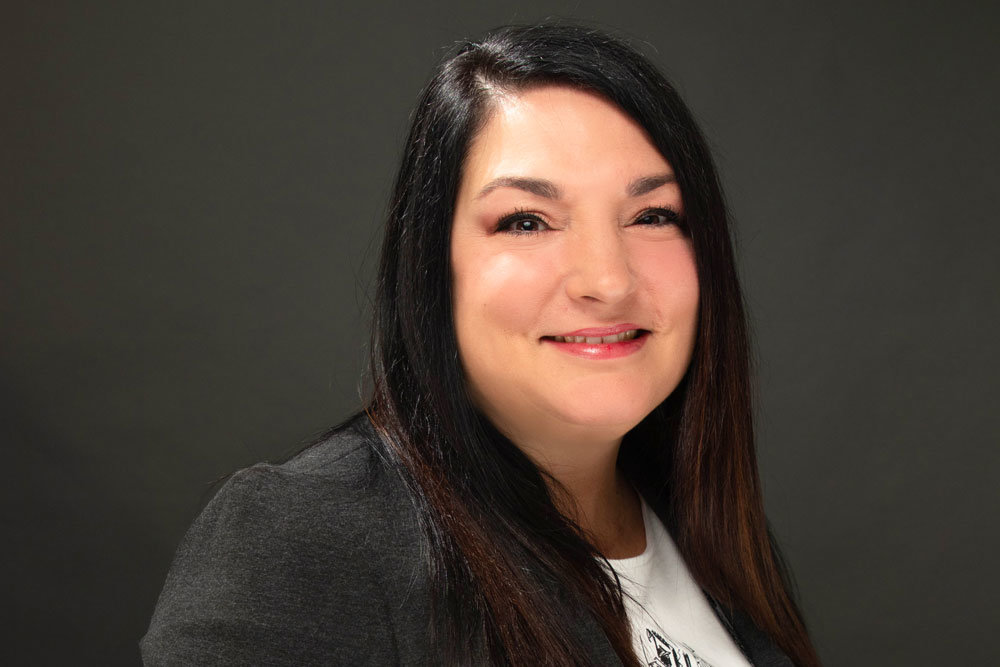YOUR BUSINESS AUTHORITY
Springfield, MO
YOUR BUSINESS AUTHORITY
Springfield, MO

What are the challenges facing the heavy equipment industry?
We’re hugely impacted by a shortage of supplies, from metal to parts in general. Some is material related and some is labor related. Without the proper supplies or parts, we can’t get new equipment or as quickly service equipment when it goes down. What we’re doing to counteract that as best we can is we’re consciously thinking outside of our normal business practices and purchasing equipment that we may not have thought about in the past, like buying different models than what we’re used to. We’re working with different manufacturers that do still have inventory in stock. We’re trying to keep our options open and provide good solutions to get our customers what they need.
Has the demand been at the same level as it was prior to the supply chain challenges?
I think so, if not even more. I can speak to the Joplin area and Springfield some; we’ve been busier than normal, which is a great thing. It does make it even more challenging when we have less rental fleet to offer. Our rental numbers are higher than normal, which tells me that construction locally really hasn’t slowed. Maybe schedules have gotten delayed, but people are still starting and finishing projects.
The latest financial report from United Rentals showed fleet productivity increased 13.5% year-over-year in November 2021. How is that being achieved, and has new technology supported that?
The metric is the same at the local store. Our fleet productivity is definitely up, and that is based on being more productive and more thoughtful about the fleet that we do have. Luckily, we have very qualified technicians to help us keep that fleet maintained. It’s just us being smarter about our business. When we have customers that we know what they’re going to be working on, which projects (and) what phase that construction is in at that time, we can kind of think ahead and try to figure out what our customers are going to want and go to other branches and find that equipment and bring it to our store so we’re ready for them when they’re ready. United Rentals has a program that enables our customers to manage their rental fleet. They can move them around from project to project. They can see what’s available. That enables them to not have items out longer than they need to.
Turning to your work with NAWIC, women make up almost half the U.S. workforce but only 11% of the construction industry. What are your goals with the organization and what progress have you made?
The slogan of NAWIC is to enhance the lives and careers of women in construction. What we do is provide education opportunities to improve people’s confidence. We provide a safe place for them to come and gain skills that will help them in their jobs. That’s not a skill that’s easily found when you’re working in an industry or business that’s majority men. We like to provide personal growth education, actual training on job sites when it comes to tools and/or construction terminology. Anything that our members need to be better at their job. Definitely, networking is a huge component of what NAWIC has to offer. You have access to women in any facet of the construction industry from supplier to insurance to builders, and we also help to introduce people to contacts around the country.
The construction industry workforce has not returned fully to pre-pandemic levels. The latest report from the Associated General Contractors finds 2 of every 3 metro areas added construction jobs in November 2021 compared with a year prior. Springfield was not one of those. How is NAWIC supporting workforce development?
We partner with many organizations locally, like Springfield Contractors Association, and in particular, we are a member of workforce development that SCA is putting together. What we’ve been trying to do through that workforce summit is come together instead of having 25 different organizations and companies working on the same thing. We’re getting ready to have the second summit on Jan. 20. From what I hear, it’s a little bit harder to find trade-skilled labor, not so much the people that have long-term experience. It’s harder to find people that want to come into the industry right out of school or in lieu of school. Apprentices are harder to find now than they used to be. We’ve got so much to teach and so many people that are experts at what they do that are able to do that teaching. It’s just a matter of education, getting that word out and letting people know what’s available.
April Planck can be reached at aplanck@ur.com
Alair Springfield is first Missouri franchise for Canada-based company.